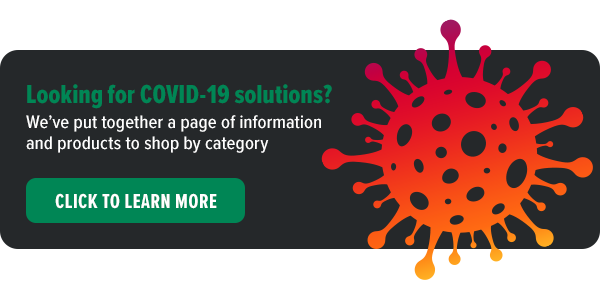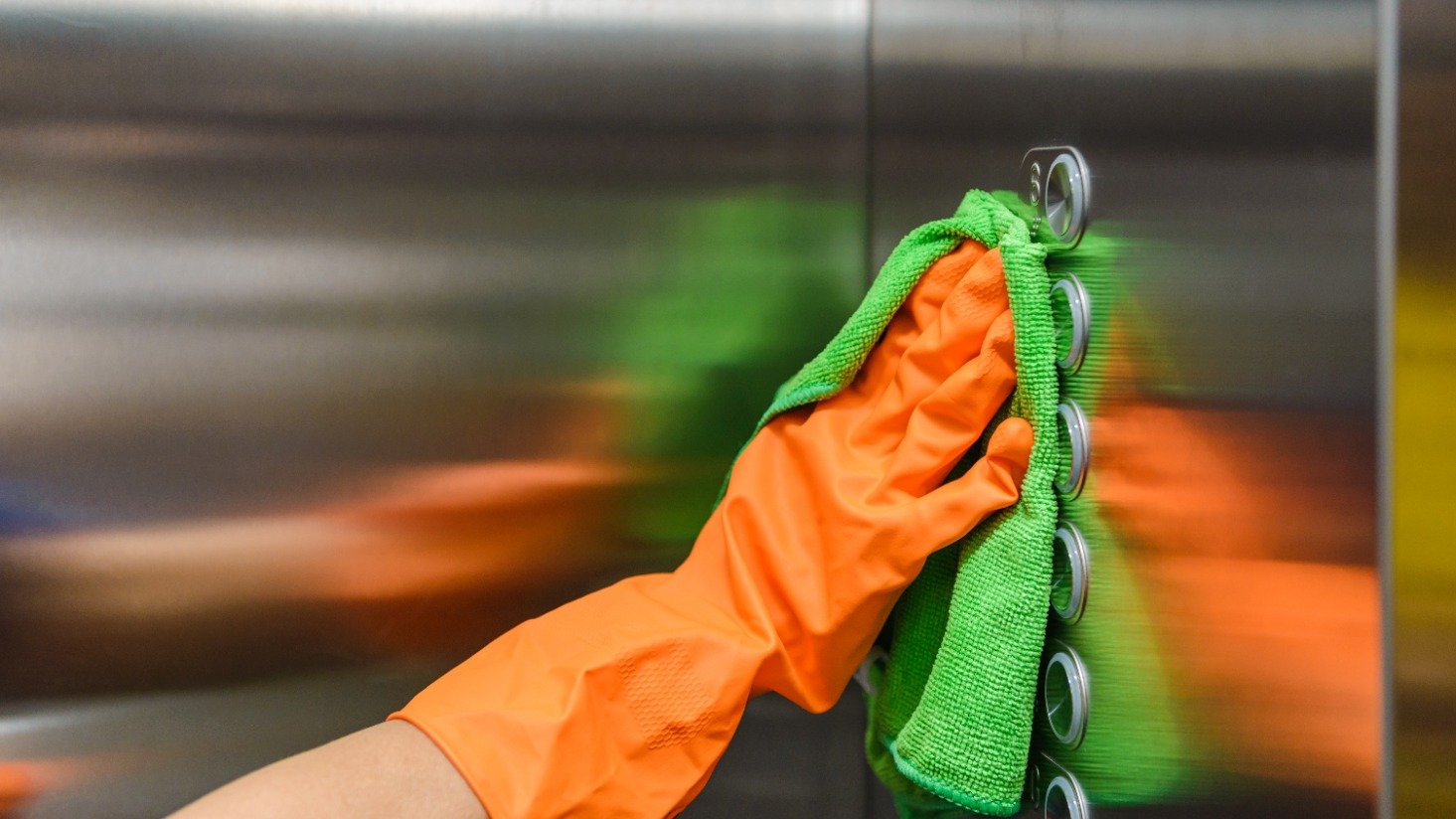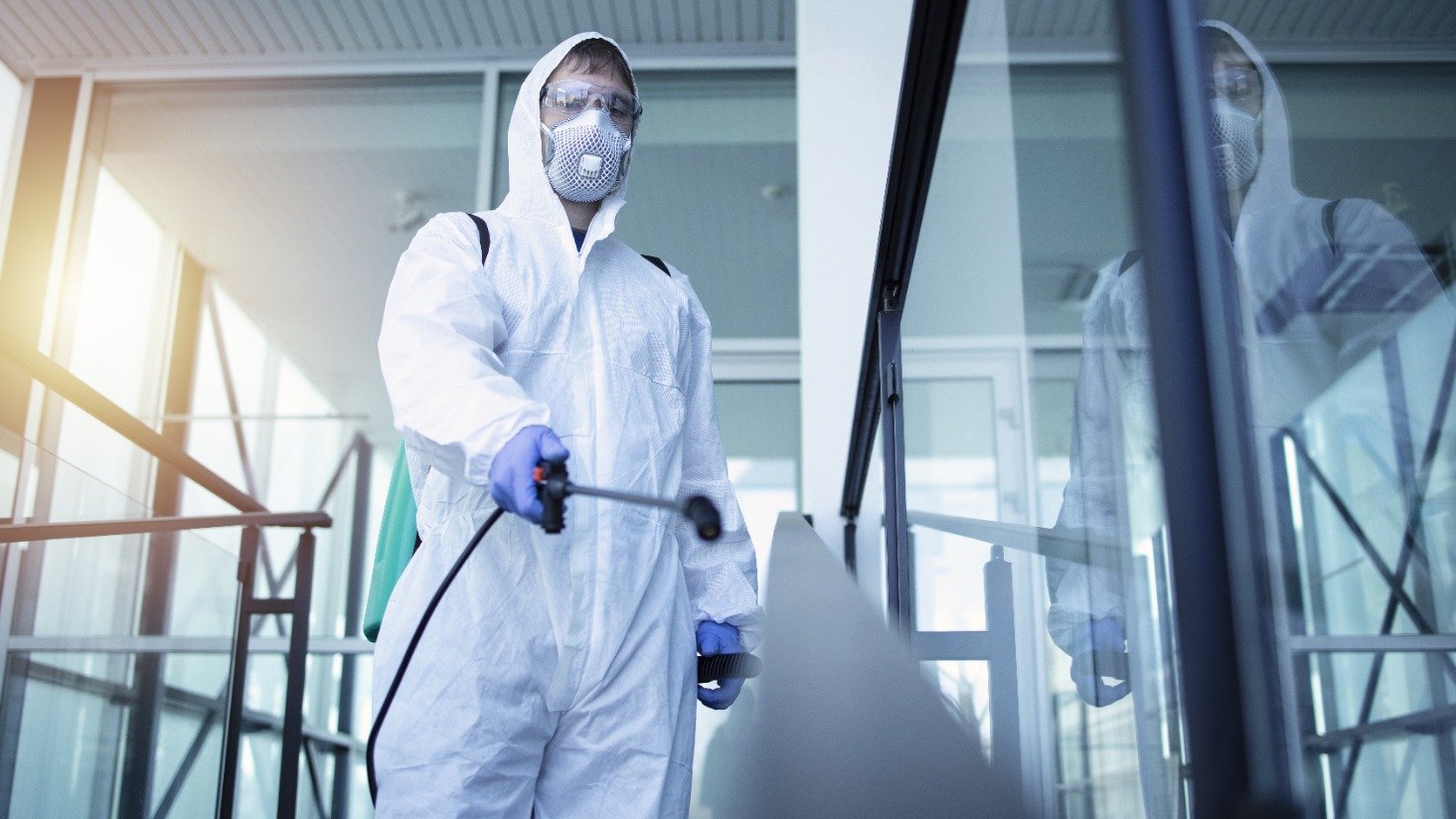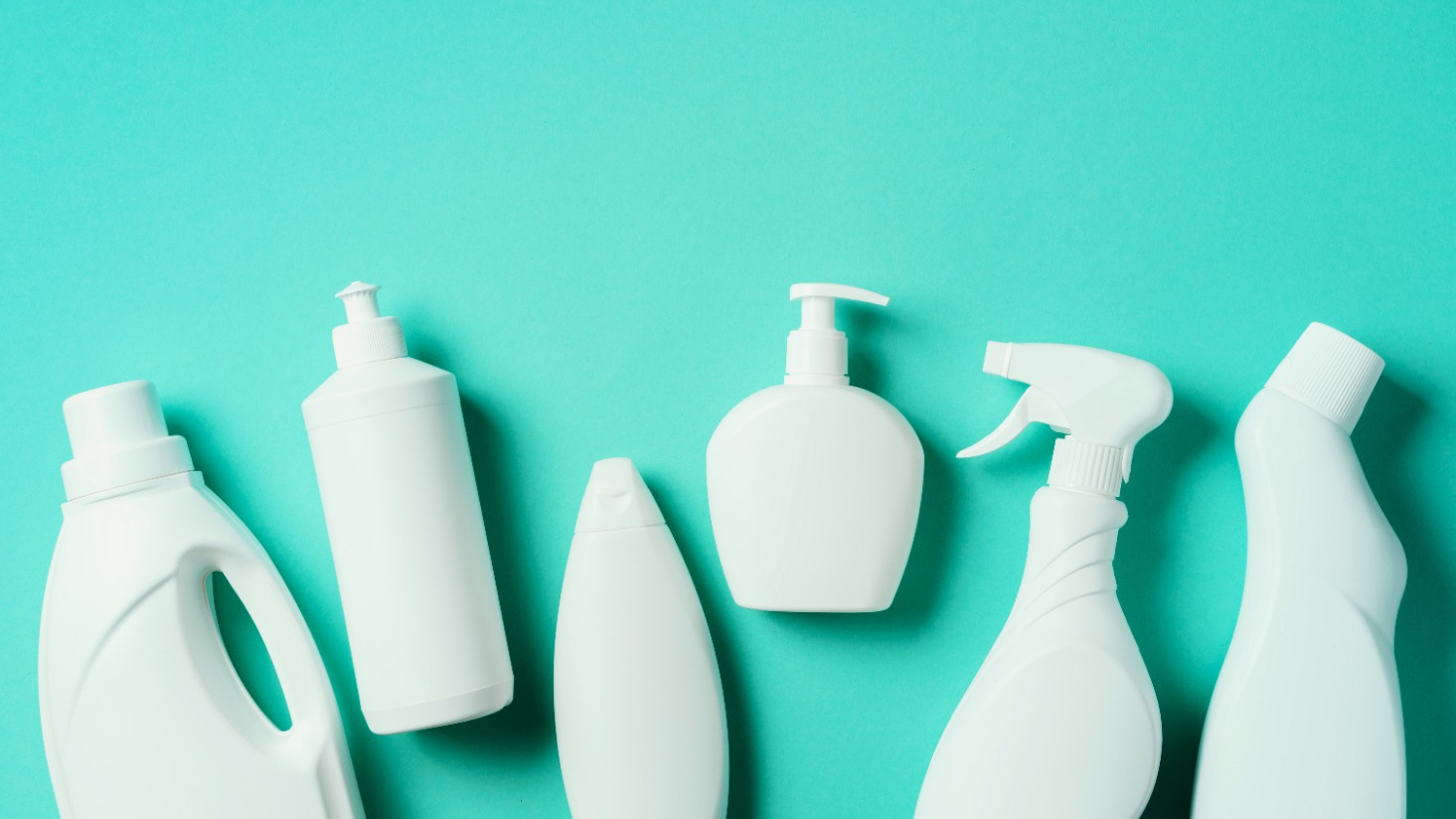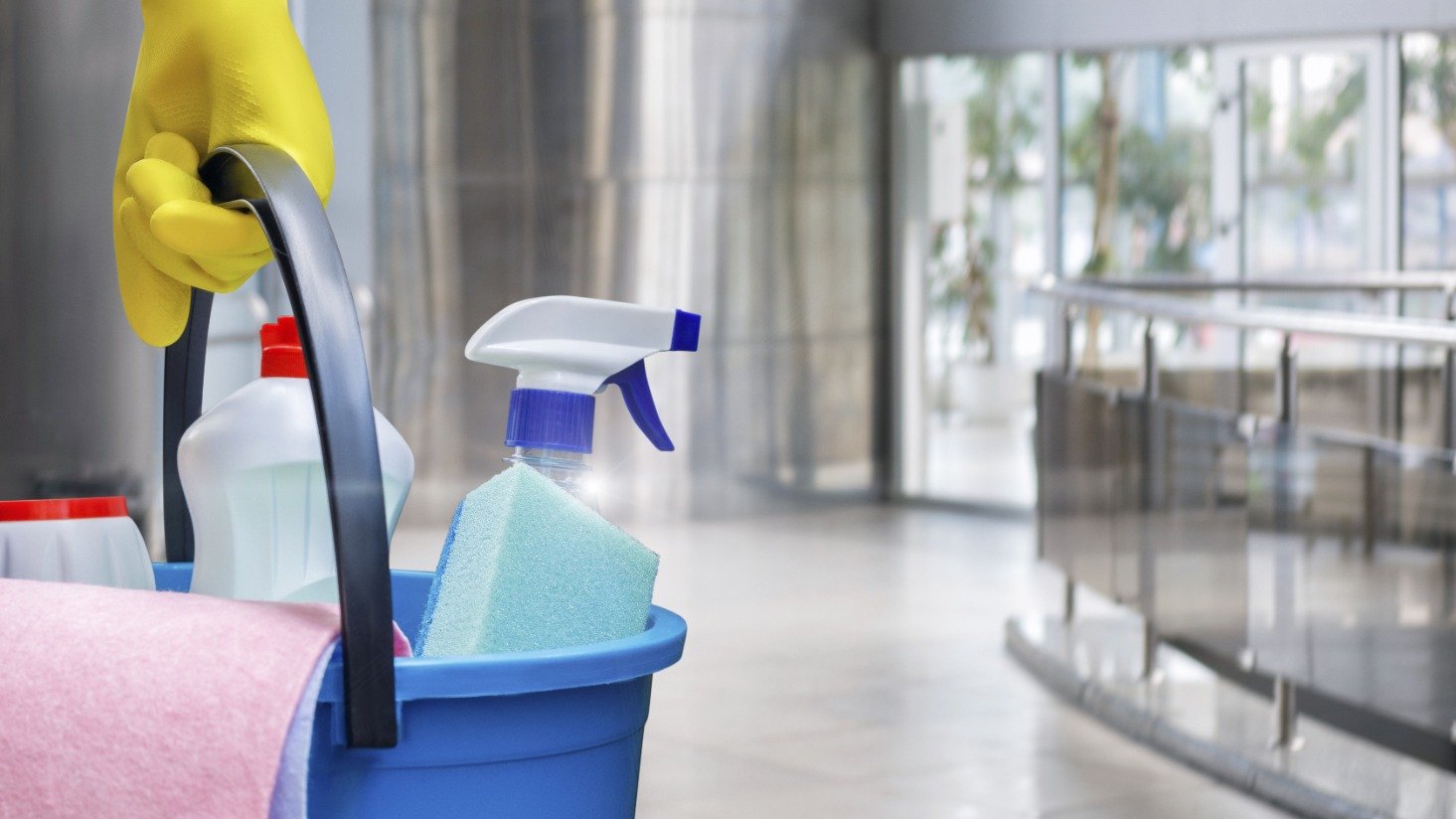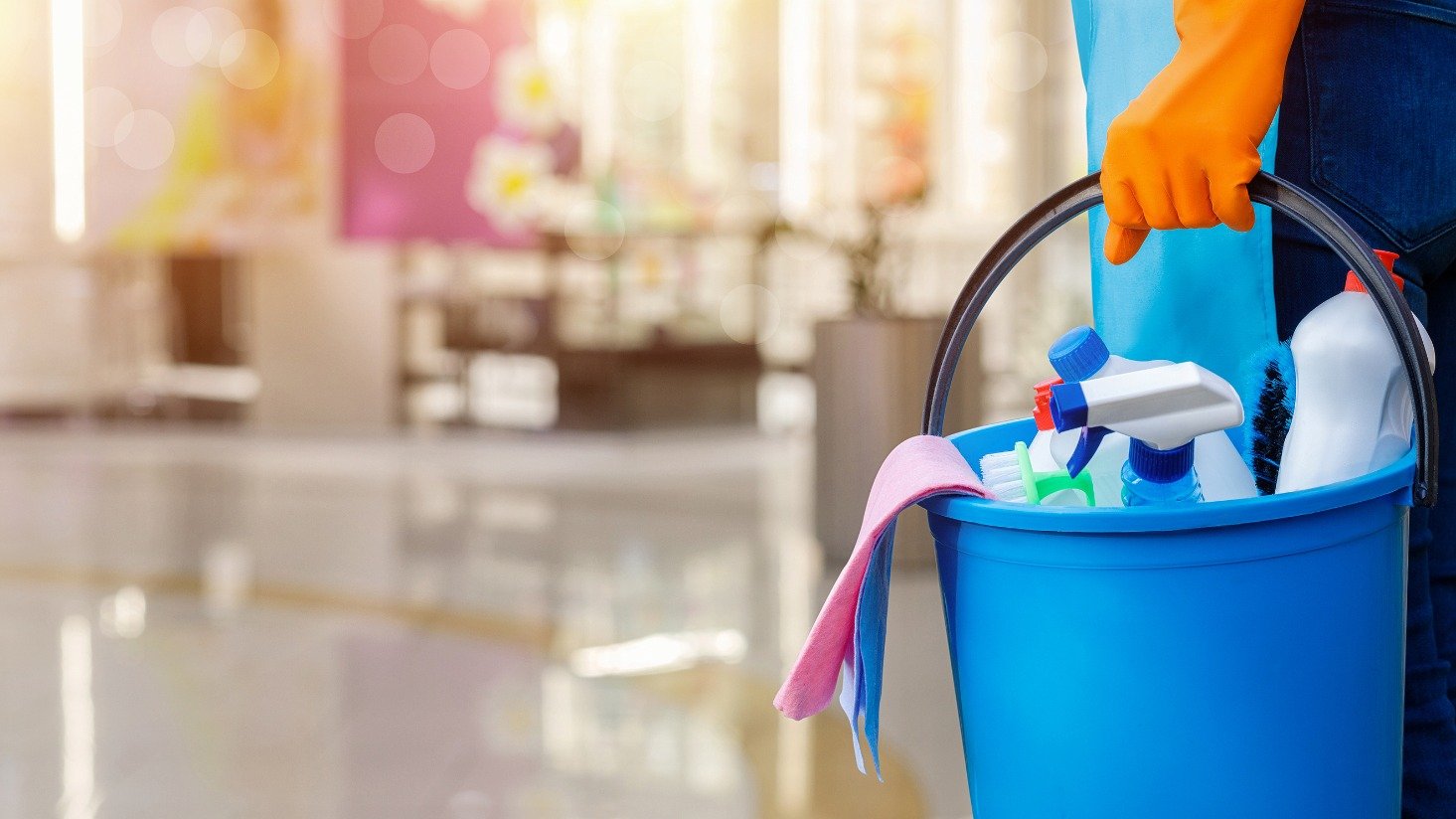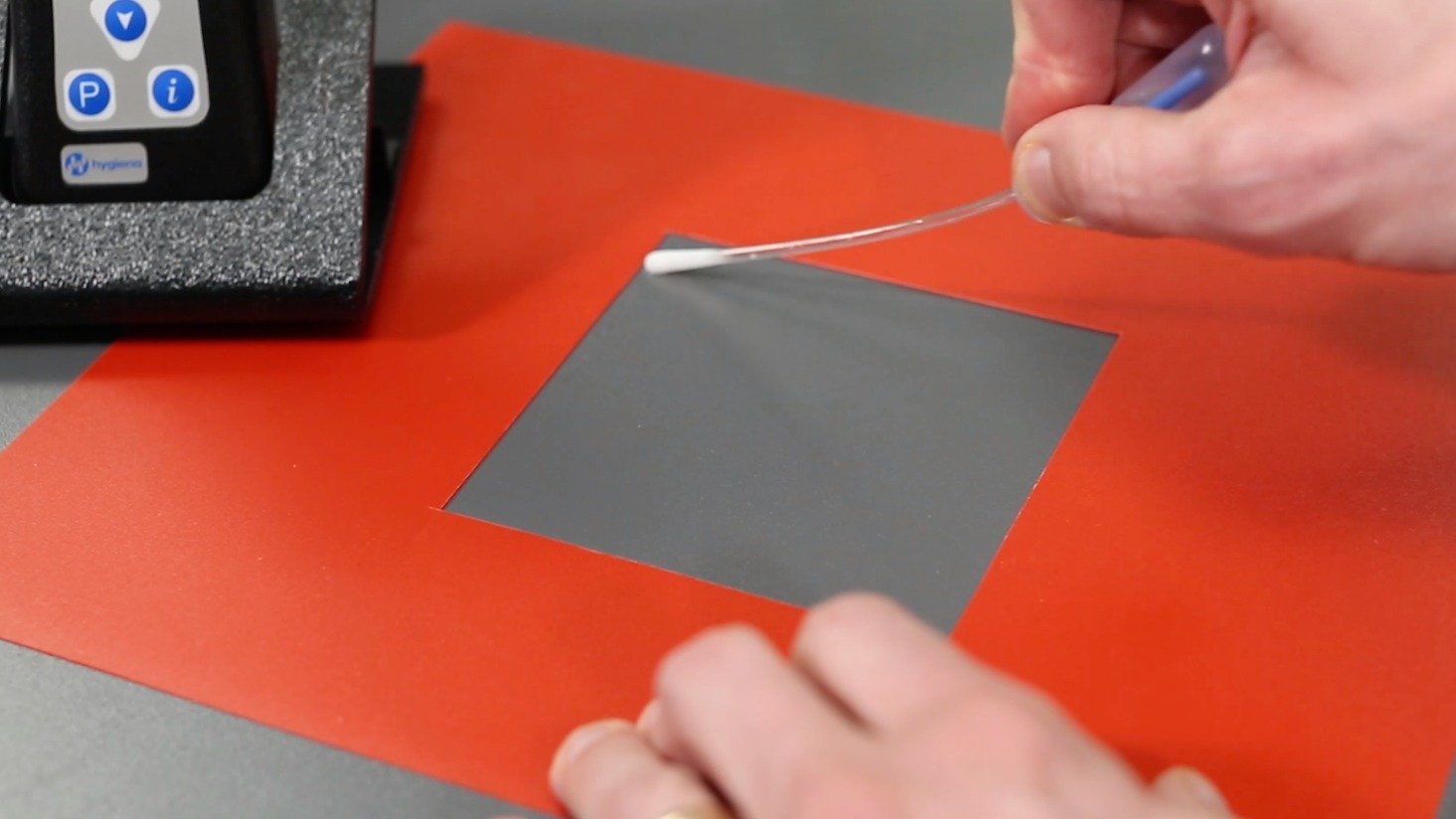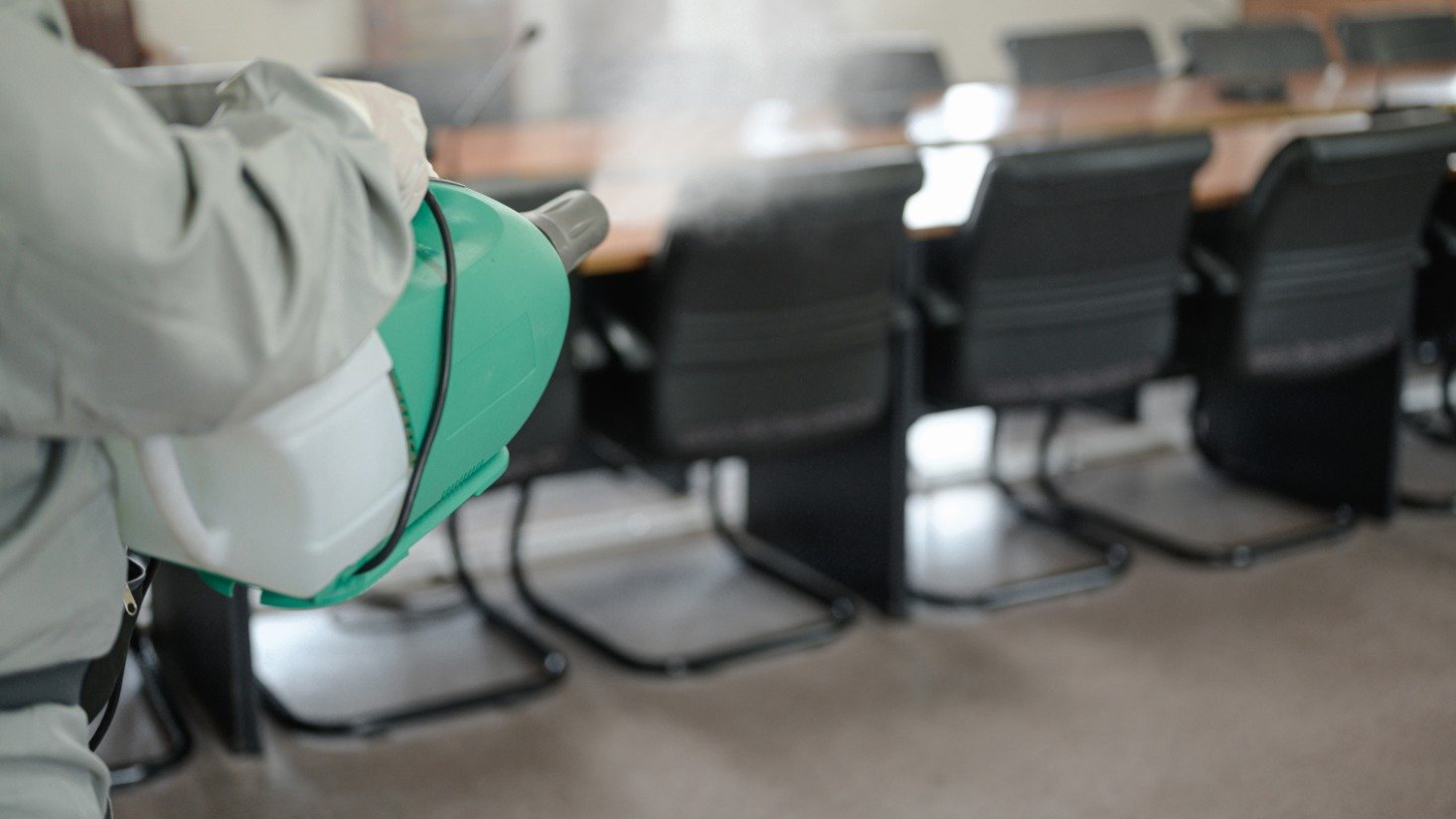What tool should I use to clean: Microfiber cloth, cotton cloth, or paper towel?
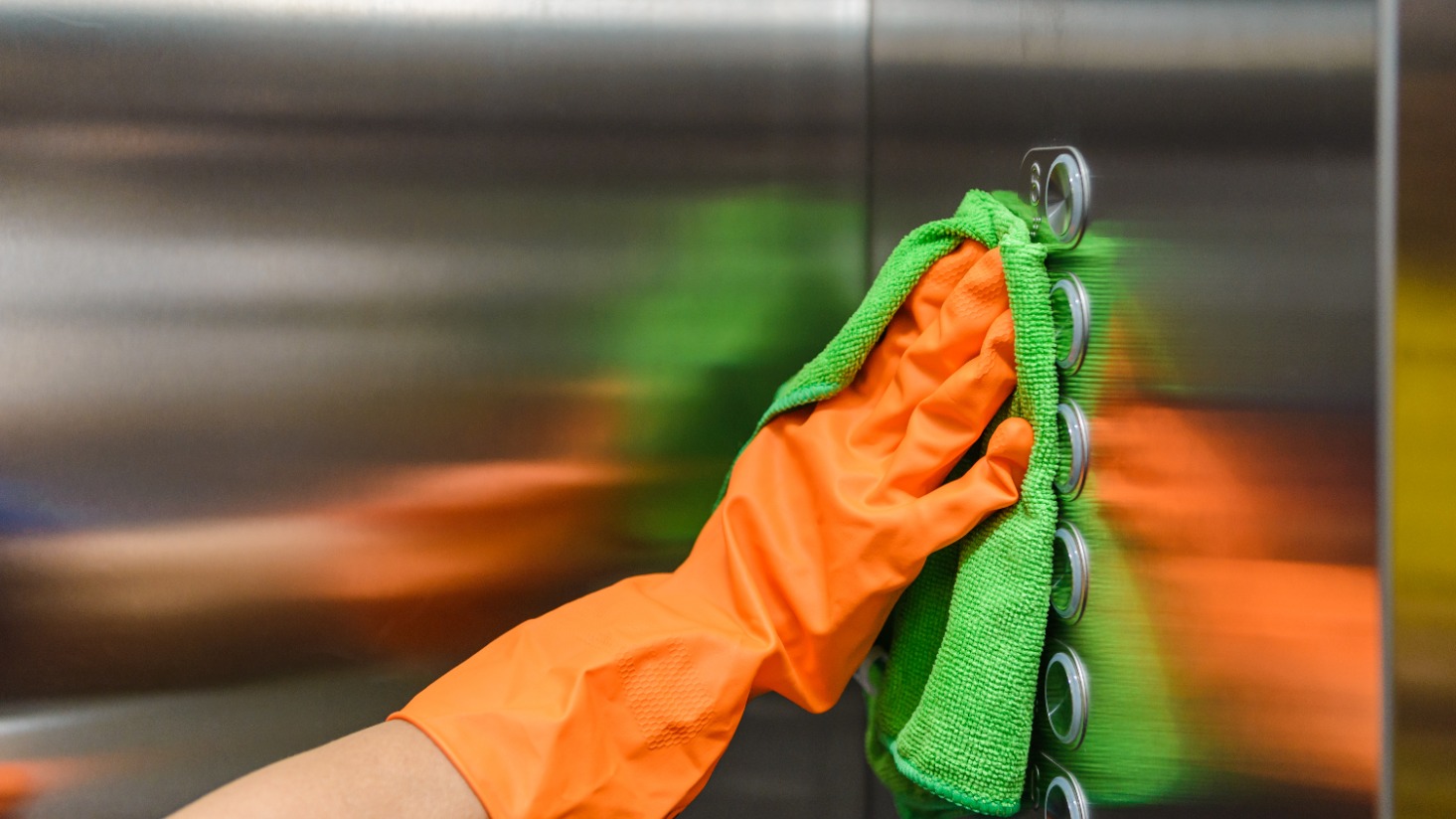
Does it really matter what tool you use to clean? We tested three different tools: a microfiber cloth, a cotton cloth, and a paper towel.
Based on our results, the type of cloth you use makes a big difference.
It's easy and convenient to grab a paper towel. But for the best results, we recommend using microfiber cloths.
Cleaning with microfiber cloths vs. other tools
Keeping your facility as clean as possible became a primary focus during the COVID-19 pandemic.
The CDC recommends cleaning high-touch surfaces every day. Cleaning is the first step to removing pathogens, like bacteria and viruses, from surfaces. It also helps remove biofilm from the surface, which is like an invisible shield that can harbor pathogens.
Since cleaning has become such an important task, we set up a test to determine which cleaning tools was most effective.
Want to know which cleaning product you should use? Watch this video.
Here is our test setup:
We set up three different desks in a school classroom. Students used the desks all day before we started our test.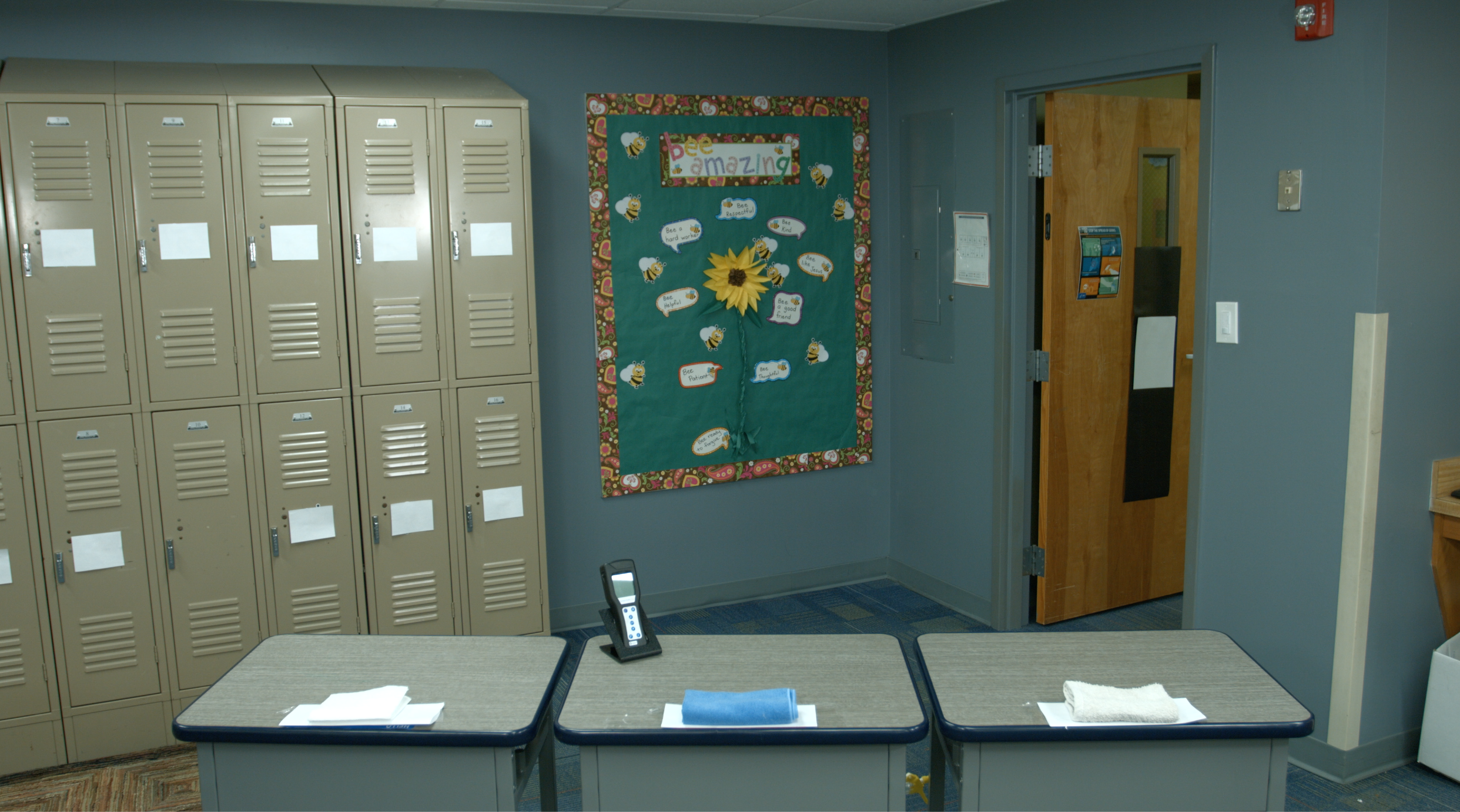
We started by taking initial ATP readings on each desk. ATP tests give an indication of the cleanliness of certain surfaces. ATP stands for adenosine triphosphate, which is an energy molecule found in all living things. When you test for ATP on a surface, you test for the presence of microorganisms.
Our initial ATP readings were all very high, indicating the desks were dirty. We sprayed the same cleaning product on each desk but wiped each with a microfiber cloth, cotton cloth, or paper towel.
When we finished cleaning, we took a second ATP test to see which cleaning tool removed more pathogens from the desks.
Here are our results:
| Cleaning tool | Initial ATP Reading | Post-Cleaning ATP Reading | Percent Reduction |
| Paper Towel | 744 | 157 | 78.9% |
| Wiped with Microfiber | 616 | 43 | 93.0% |
| Wiped with Cotton Cloth | 748 | 81 | 89.2% |
Before we wiped off each desk, the ATP readings showed a result of 616 and above. We used the Hygiena SystemSURE PLUS luminometer for our tests. With that system, anything above a score of 10 is considered dirty for food preparation surfaces. A score under 30 means pathogens are unlikely to grow and may be a better goal in settings like schools, senior living facilities, hotels, and commercial office spaces. All of the initial scores mean the desks need to be cleaned.
After we cleaned with a paper towel, the ATP result was still high. The results from the cotton cloth were better than the paper towel, but cleaning with the microfiber cloth resulted in the lowest ATP score and the highest percent reduction.
Here are the products used in our test:
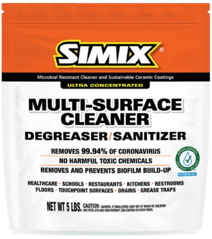 |
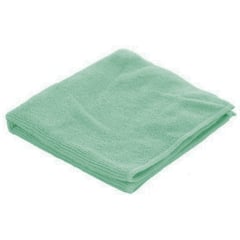 |
| SIMIX Multi-Purpose Cleaner Shop now |
Microfiber cloths Shop now |
We used SIMIX Multi-Purpose Cleaner to clean each of the desks. SIMIX can be mixed with hot water and used as a cleaner, degreaser, and sanitizer. SIMIX contains ingredients that continue to work with artificial and natural light to keep surfaces cleaner, longer.
Benefits of cleaning with microfiber cloths
Through our test results, the benefits of cleaning with microfiber cloths became clear. Microfiber leaves surfaces cleaner.
Here are the overall benefits of using microfiber cloths:
- Superior soil and biofilm removal from surfaces
- Cost effectiveness through longevity and durability
- Superior absorbency to other materials (e.g. cotton or paper)
- Sustainability with less waste
Maintaining a clean facility
Keeping your building safe for employees, customers, and tenants requires a dialed-in process and cleaning is just the first step.
To schedule a consultation with one of our experts, click here to contact us.
